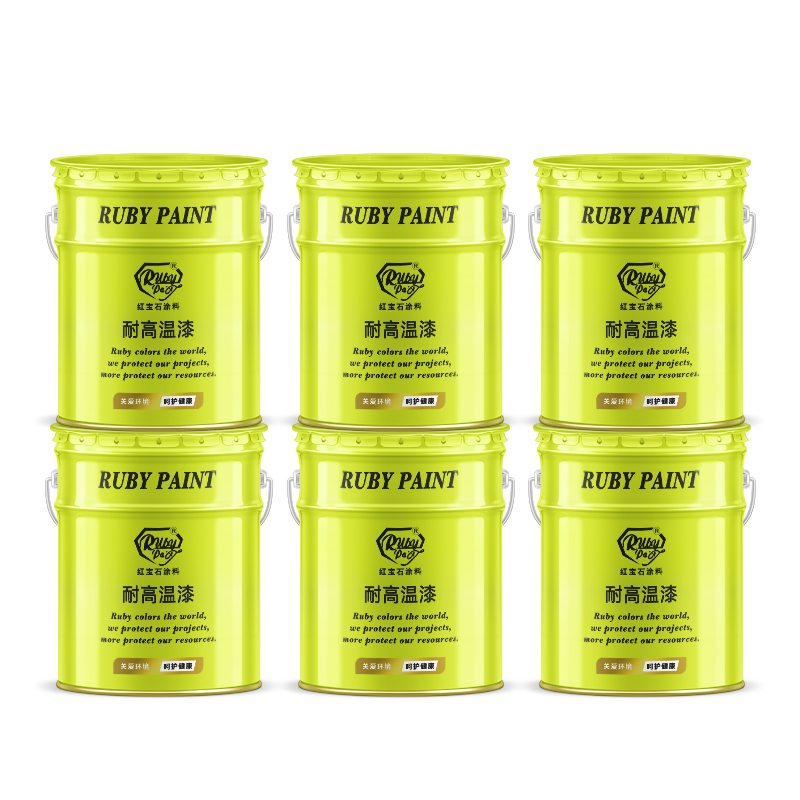Table of Contents
An Overview of Different Types of Epoxy Resins
Epoxy resins are versatile materials that are widely used in various industries, including construction, automotive, aerospace, and electronics. These resins are known for their excellent adhesive properties, high strength, and resistance to Chemicals and heat. There are several types of epoxy resins available in the market, each with its own unique characteristics and applications.
One of the most common types of epoxy resins is bisphenol A (BPA) epoxy resin. This type of resin is made from the reaction of bisphenol A and epichlorohydrin. BPA epoxy resins are known for their high mechanical strength, excellent adhesion, and resistance to heat and chemicals. They are commonly used in coatings, adhesives, and composites.
Another type of epoxy resin is bisphenol F (BPF) epoxy resin. BPF epoxy resins are similar to BPA epoxy resins but are made from bisphenol F instead of bisphenol A. These resins have a higher heat resistance and better electrical properties compared to BPA epoxy resins. BPF epoxy resins are often used in applications where high temperature resistance is required, such as in the aerospace and electronics industries.
Glycidylamine epoxy resins are another type of epoxy resin that is commonly used in adhesives and coatings. These resins are made from the reaction of epichlorohydrin and amines. Glycidylamine epoxy resins have excellent adhesion to a wide range of substrates and are known for their flexibility and toughness. They are often used in applications where impact resistance is important, such as in automotive and marine coatings.
Cycloaliphatic epoxy resins are a type of epoxy resin that is known for their excellent UV resistance and weatherability. These resins are made from cycloaliphatic epoxides and are often used in outdoor applications where exposure to sunlight and weather can degrade other types of epoxy resins. Cycloaliphatic epoxy resins are commonly used in coatings for Outdoor Furniture, automotive parts, and marine applications.
Novolac epoxy resins are a type of epoxy resin that is made from the reaction of phenolic novolac resins and epichlorohydrin. These resins have a high crosslink density and are known for their excellent chemical resistance and heat resistance. Novolac epoxy resins are often used in applications where resistance to harsh chemicals is required, such as in chemical storage tanks, pipelines, and industrial flooring.

In conclusion, there are several types of epoxy resins available in the market, each with its own unique characteristics and applications. Whether you need a high-strength adhesive, a flexible coating, or a UV-resistant material, there is an epoxy resin that is suitable for your specific needs. By understanding the different types of epoxy resins and their properties, you can choose the right material for your application and ensure the success of your project.
Exploring the Applications and Characteristics of Various Epoxy Resin Types
Epoxy resins are versatile materials that have found widespread use in various industries. These resins are known for their excellent adhesive properties, high strength, and resistance to chemicals and heat. However, not all epoxy resins are created equal. There are several different types of epoxy resins, each with its own unique characteristics and applications.
| Serial Serial Number | Product Name |
| 1 | Epoxy Zinc rich paint |
One of the most common types of epoxy resins is bisphenol A (BPA) epoxy. This type of resin is made by reacting bisphenol A with epichlorohydrin. BPA epoxy resins are known for their high mechanical strength and excellent adhesion properties. They are commonly used in applications such as coatings, adhesives, and composites.
Another type of epoxy resin is novolac epoxy. Novolac epoxy resins are made by reacting phenolic novolac resins with epichlorohydrin. These resins have a higher crosslink density compared to BPA epoxy resins, which results in improved chemical resistance. Novolac epoxy resins are often used in applications where resistance to chemicals, such as acids and solvents, is critical. They are commonly used in the production of chemical-resistant coatings, tank linings, and electrical laminates.
A third type of epoxy resin is cycloaliphatic epoxy. Cycloaliphatic epoxy resins are made by reacting cycloaliphatic amines with epichlorohydrin. These resins have excellent resistance to ultraviolet (UV) light and are often used in outdoor applications where exposure to sunlight is a concern. Cycloaliphatic epoxy resins are commonly used in the production of outdoor coatings, such as those used on bridges, pipelines, and automotive parts.
Flexible epoxy resins are another type of epoxy resin that has gained popularity in recent years. These resins are made by modifying traditional epoxy resins with flexible additives. Flexible epoxy resins have a lower crosslink density compared to other epoxy resins, which gives them improved flexibility and impact resistance. They are commonly used in applications where flexibility is required, such as in the production of flexible adhesives, sealants, and encapsulants.
Lastly, there are epoxy resins that are specifically designed for electronic applications. These resins, known as electronic-grade epoxy resins, have excellent electrical insulation properties and are often used in the production of electronic components, such as printed circuit Boards (PCBs) and semiconductor devices. Electronic-grade epoxy resins are formulated to have low ionic impurities and low outgassing properties, which are critical for ensuring the reliability and performance of electronic devices.
In conclusion, epoxy resins are a diverse group of materials that offer a wide range of properties and applications. From BPA epoxy resins with their high mechanical strength, to novolac epoxy resins with their excellent chemical resistance, to cycloaliphatic epoxy resins with their UV resistance, and flexible epoxy resins with their improved flexibility, there is an epoxy resin type for every application. Additionally, electronic-grade epoxy resins cater specifically to the needs of the electronics industry. Understanding the different types of epoxy resins and their characteristics is essential for selecting the right resin for a particular application and ensuring optimal performance and durability.
